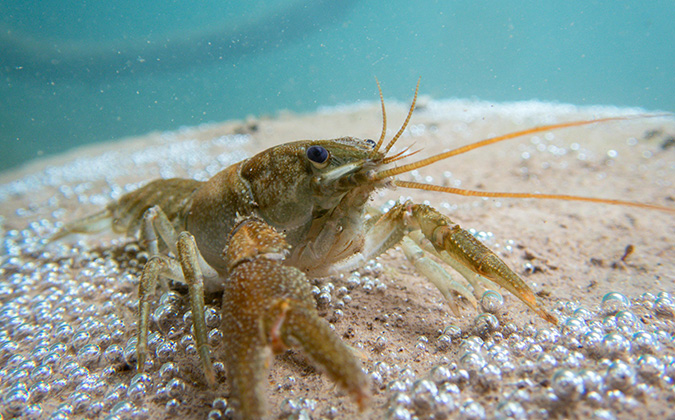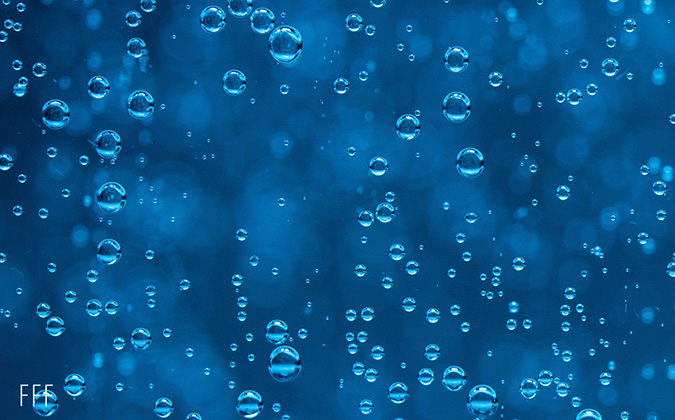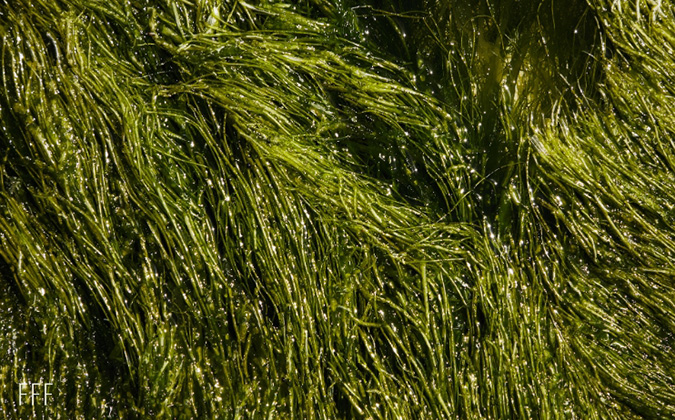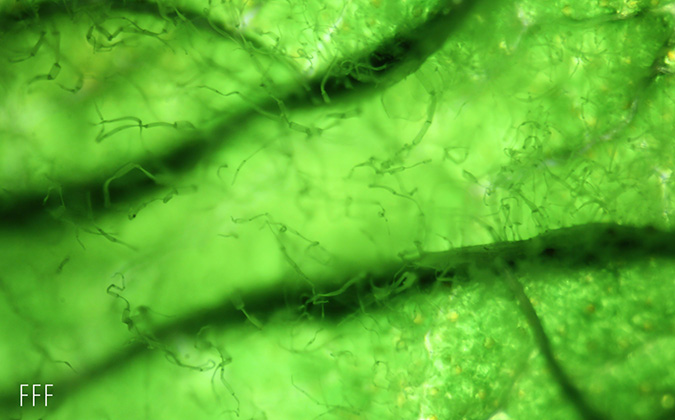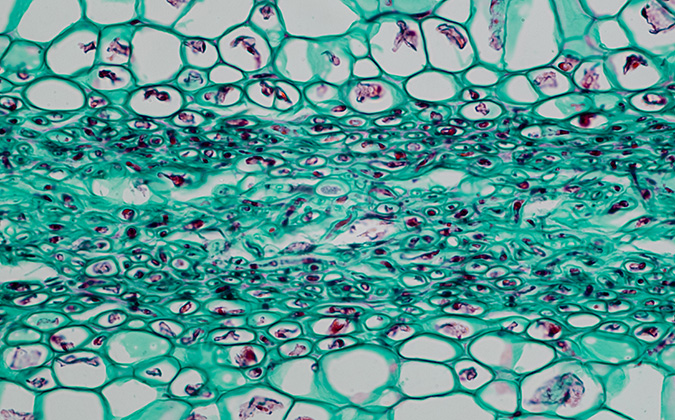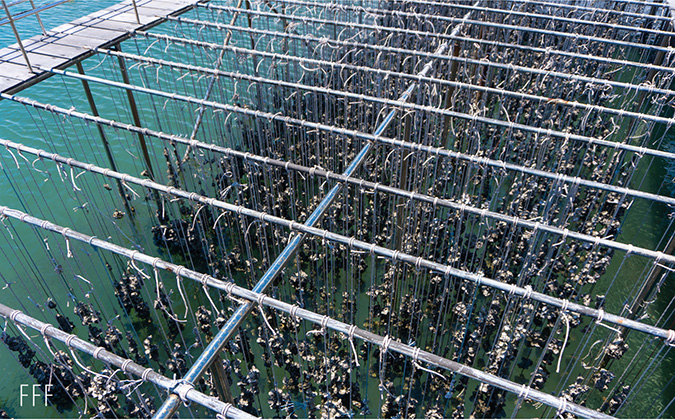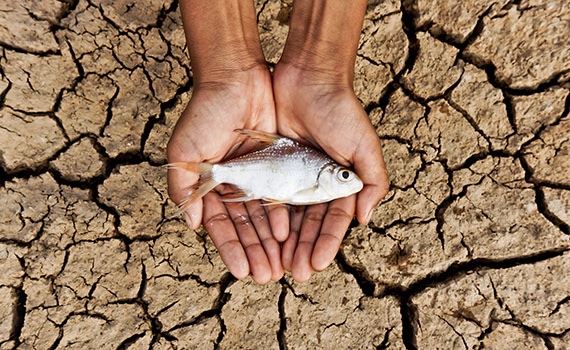
Urgent action needed to address climate impact on aquaculture, study says
There is a “dire need” to better understand how the changing aquatic environment due to climate change will influence disease in aquaculture, according to a new review by scientists in Egypt and Germany.
Rising temperatures, caused by human activities, can push fish outside their thermal tolerance limits and cause an increased build-up of damaging pollutants where they are farmed.
Multiple stressors can lead to physiological and immunological changes, the authors of the study, published in Aquaculture and Fisheries, explained, and this, coupled with the easier spread of pathogens and parasites, poses a serious threat to the aquaculture industry. The efficacy of vaccines designed to counter such disease risks could also be affected.
“Research on the effect of climate change on aquaculture and fisheries management is still in its infancy despite its devastating consequences on aquatic ecosystems,” the scientists stated.
“Both freshwater and marine species will be affected with more impact directed toward the latter due to the declining water quality caused by global warming.”
Temperatures rise, pathogens and parasites gain
Significant economic losses are possible without proper management, they continued, as higher temperatures favor the transmission of pathogens and increase the severity of infectious diseases.
Such temperature change has been linked with outbreaks of Vibrio bacteria in shrimp aquaculture, they noted, and so too the spread of parasites such as the salmon louse Lepeophtheirus salmonis and Caligus sea lice among finfish.
The authors cite evidence suggesting a negative effect of higher temperatures on vaccine efficacy in some fish species, for example in the case of vaccinating tilapia against the bacterium Streptococcus agalactiae.
“Methods, doses, time and duration of administration should be considered to determine the optimum conditions and concentrations that will confer better protection to aquaculture species under hyper-thermal stress,” they urged.
Mitigation possible, but action needed
There are a number of mitigative strategies available for those in the industry to use as temperatures rise, the authors suggested, including feed supplements and selective-breeding programs. Changes in husbandry practices can also help, as well as a move toward polyculture systems.
The authors advocate the use of smart technologies to assist in making better assessments on water quality and predicting the arrival of exotic pathogens in different parts of the world.
There are considerable research gaps that urgently need to be addressed, with governments and organizations needing to step up their efforts to mitigate the impacts of a changing climate on global aquaculture, they concluded.
You can read the full study, published in Aquaculture and Fisheries here.
Posted on: August 01, 2022

